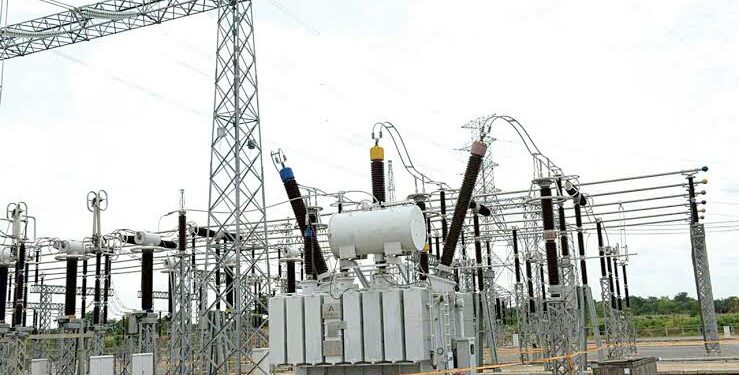Director General of the Manufacturers Association of Nigeria (MAN), Segun Ajayi-Kadir, has described the proposed increase of electricity tariff as unjust and ill-timed.
Ajayi-Kadir said there was no justification for the increase because they are not getting adequate power supply for their operations.
Join our WhatsApp ChannelThe MAN DG lamented that the increase of electricity tariff would jack up production costs which in turn would affect the chances of their products competing with those imported from the less-cost intensive economy.
Ajayi-Kadir, who appeared on Channels Television on Tuesday morning, said they spent about N122 billion on electricity in 2022.
READ ALSO: Electricity Tariff To Rise By 30%, Discos To Factor In Inflation, Rising Dollar Rate
A few days back, Electricity Distribution Companies (DisCos), issued notice to customers that electricity tariff would increase from July 1, 2023, following an increase in the exchange rate of the Naira to the dollar.
The increase is said to be up to 40 per cent.
However, there are indications that the Nigerian Electricity Regulatory Commission (NERC) has not completed work on the proposed review.
Ajayi-Kadir lamented that the impending increase in costs would drive Small and Medium Scale Enterprises operating with a very low margin out of business.
According to him, over 275 members of MAN went out of business in the last five years due to the harsh business environment.
“The number of metered consumers is far lower than those that are estimated. Their charges have not been met with commensurate improvement in power supply. So we shouldn’t believe them. It is only when you are able to get value for your money that an increase in price is justified… which cost are you reflecting, it is the cost of inefficiency and ineffective supply. Many of our members are billed in an estimated manner and we have supply between six to 12 hours. So, we are paying for services not rendered. You cannot allude to fluctuation in the value of the currency,” Ajayi-Kadir stated.
Responding to concerns raised by the DG of MAN, the Managing Director/CEO of Kessington Energy Limited, Chuks Nwani, said the tariff increase was due to an increase in the exchange rate.
Mr Nwani said the transactions for the maintenance and procurement of spare parts of power equipment are done in dollars, adding that any increase in forex, affects their operating costs.
He warned that any move to stop the tariff increase would discourage potential investment in the sector.
“Basically, this adjustment has to just happen. The reason being that we are now getting some forms of interest in investing in the power sector because for the past 24 months there has been a consistent implementation of a review which has now brought back the policy trust in the sector.”
Nwani added that with the passing of the Electric Power Sector Reform Act as amended, the enthusiasm to invest in the sector is back and there are signs of investment coming into the sector. “Money is now trying to flow back into the sector. So, if you stop, it that money will take a back step,” he said.
He called on the government to come up with a policy to support MAN to make them competitive in the market.
Victor Ezeja is a passionate journalist with seven years of experience writing on economy, politics and energy. He holds a Master's degree in Mass Communication.
















Follow Us